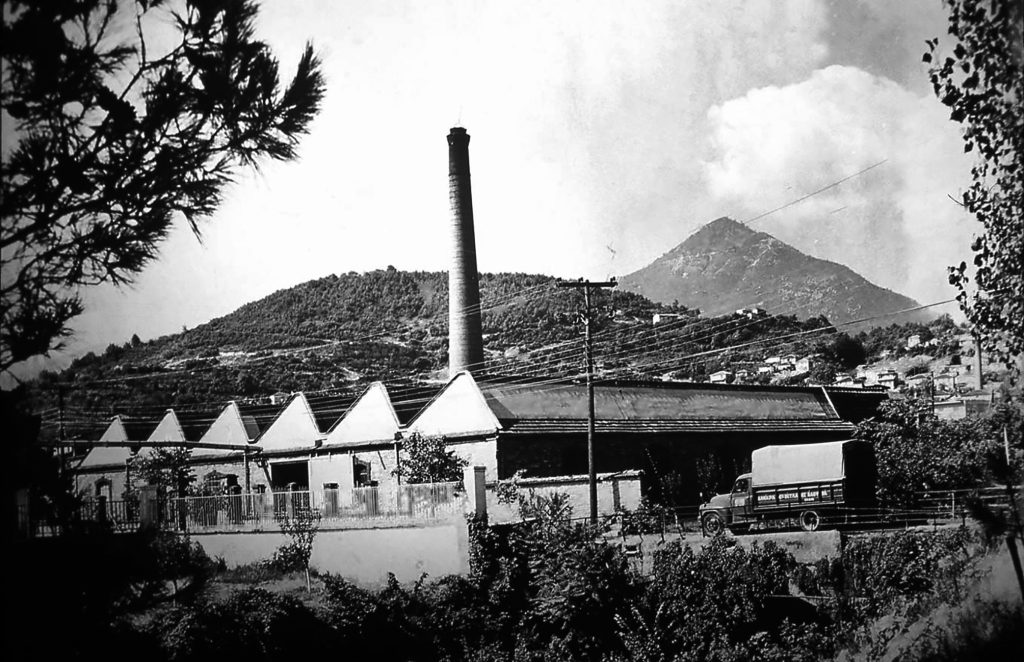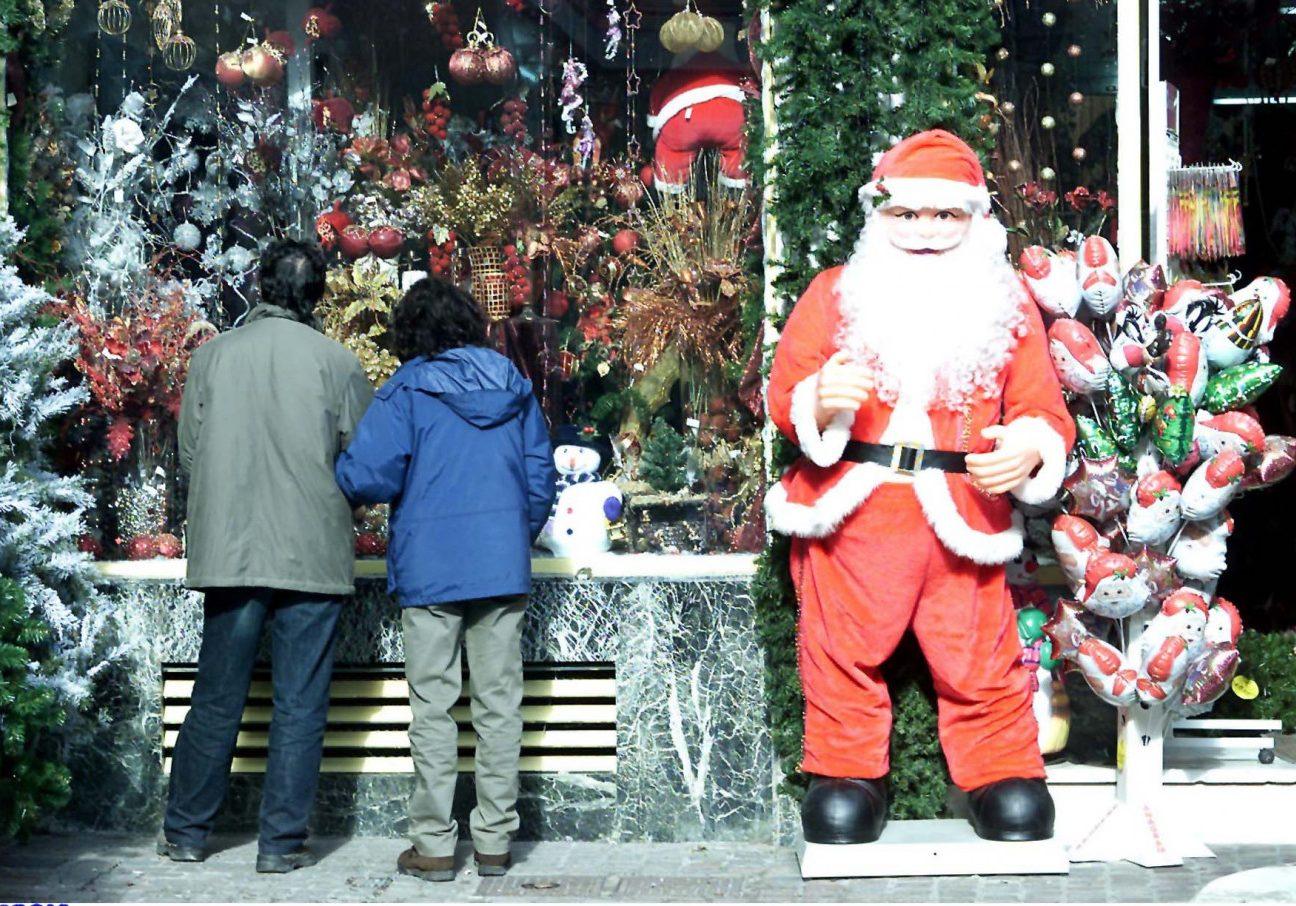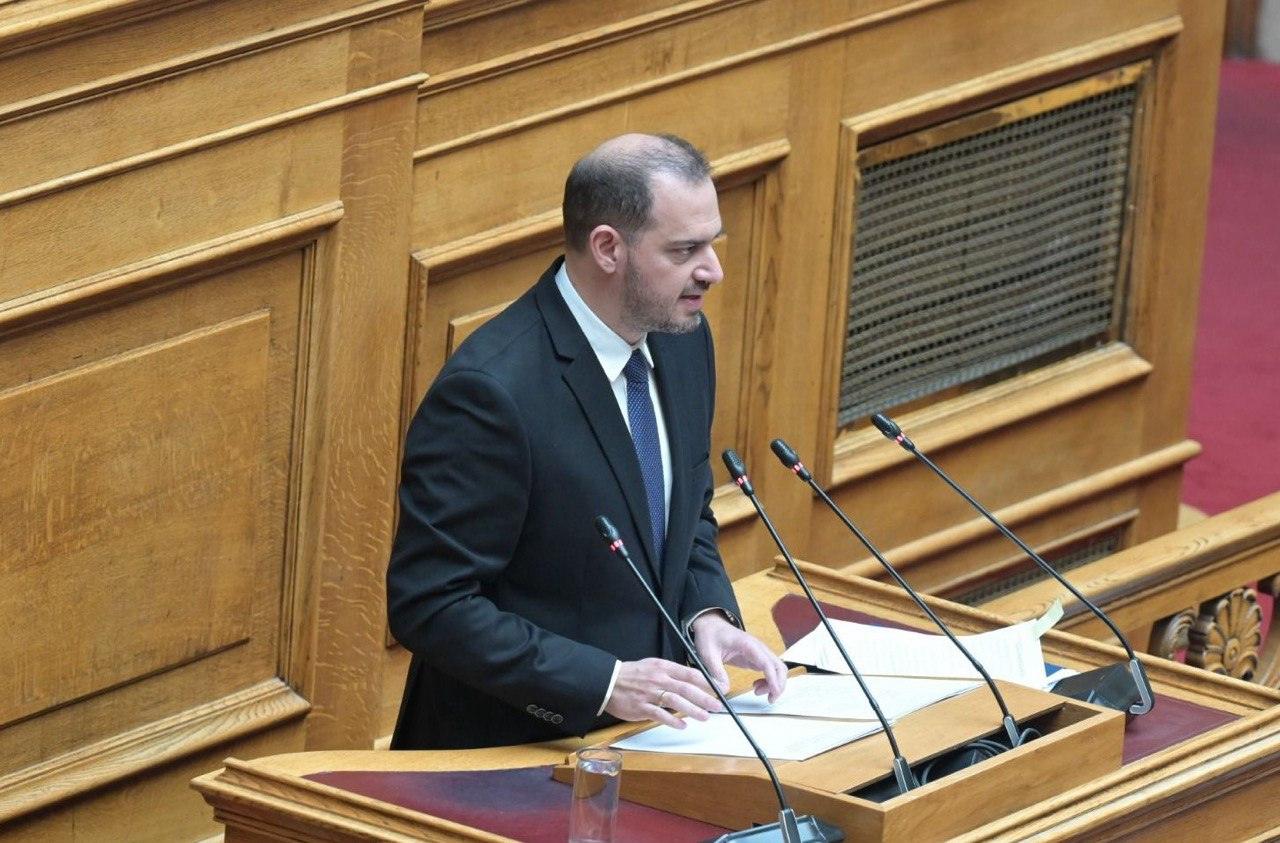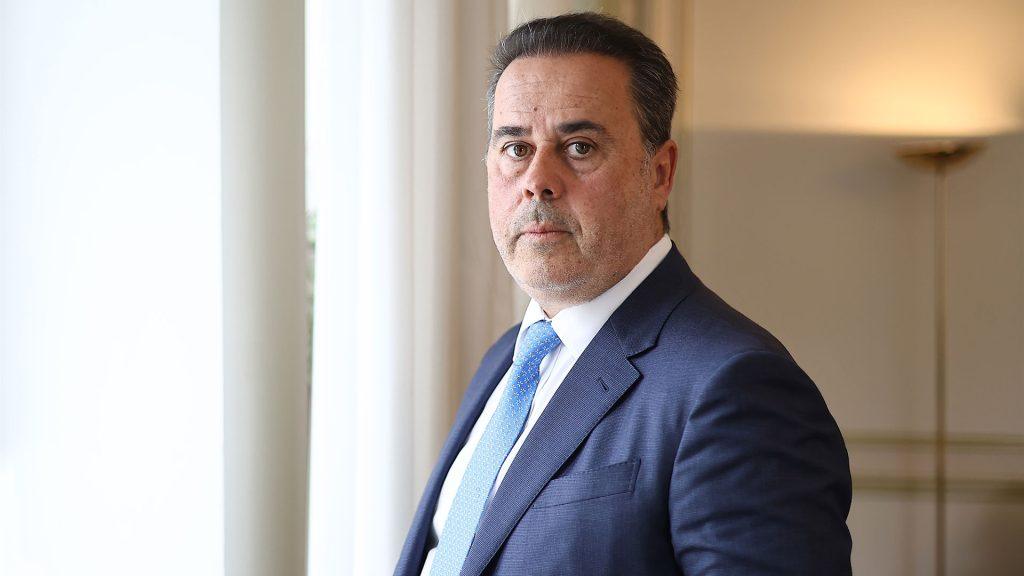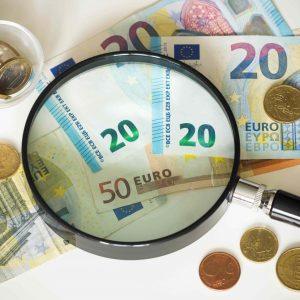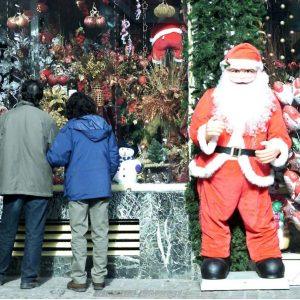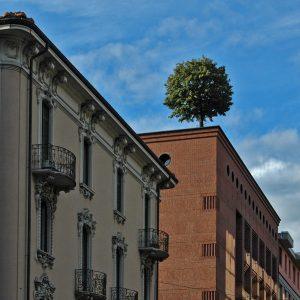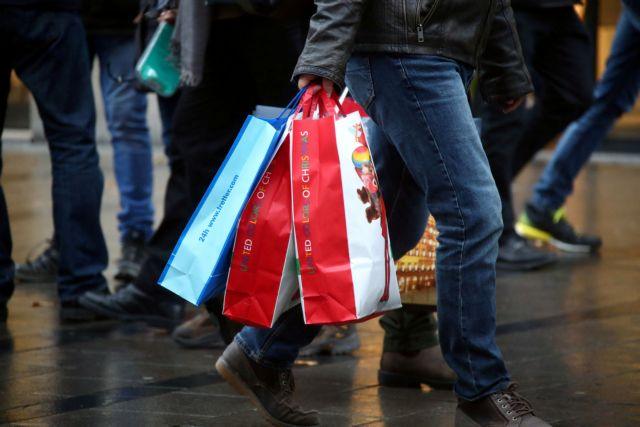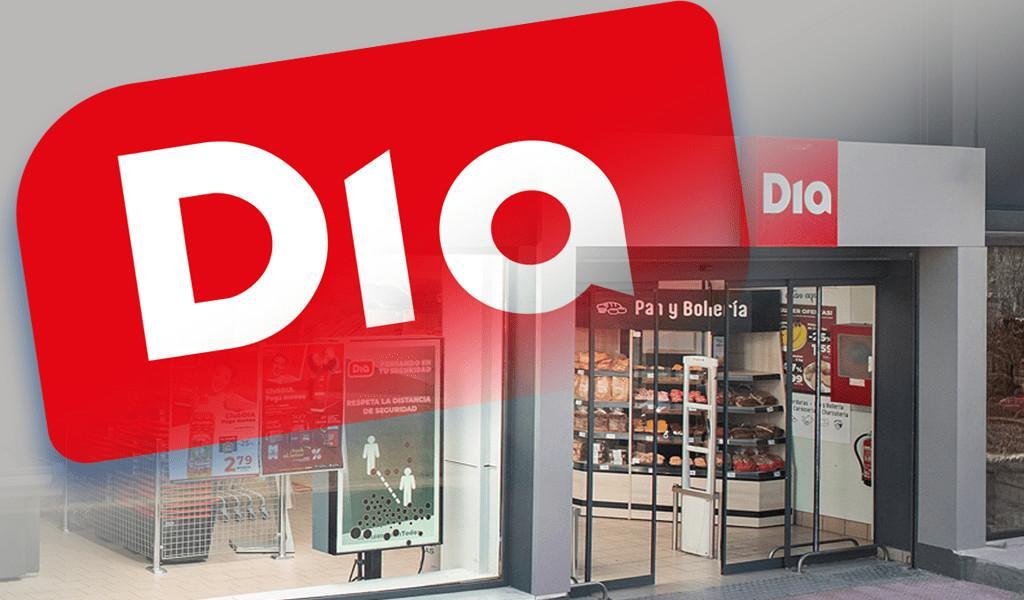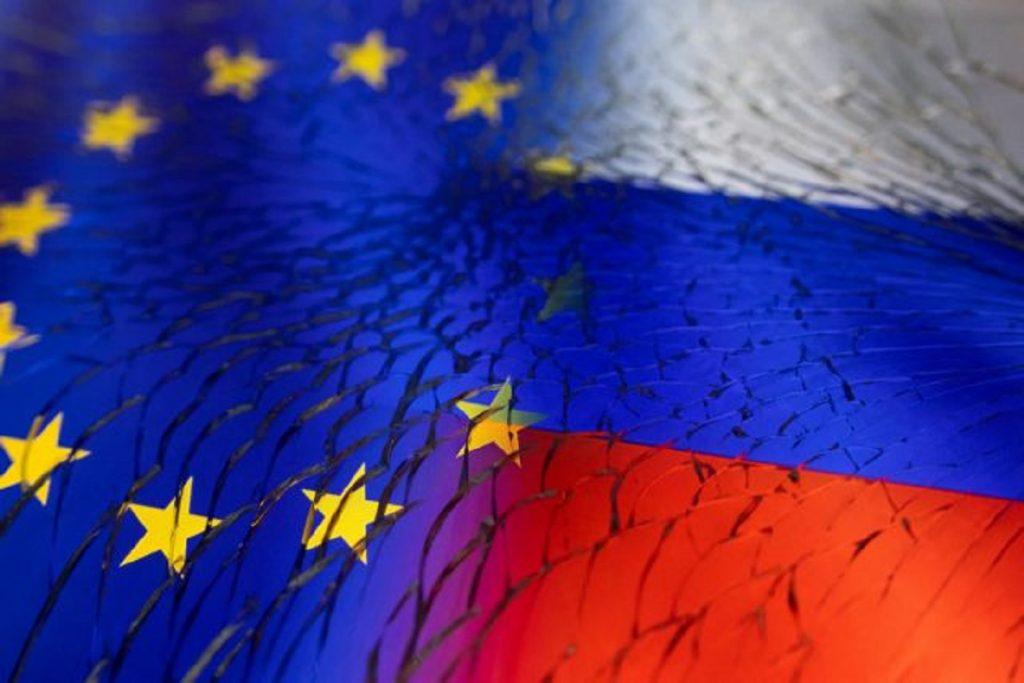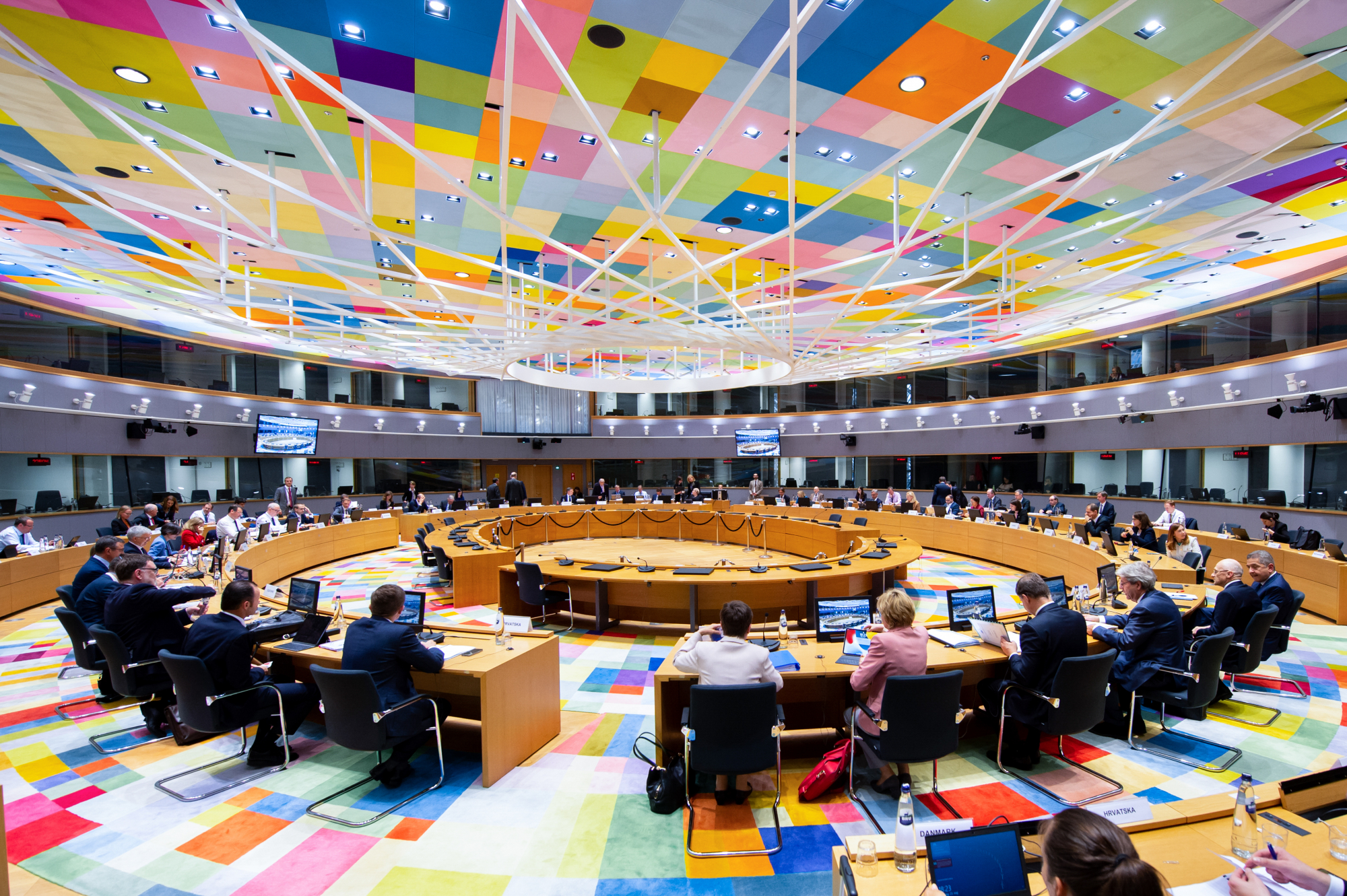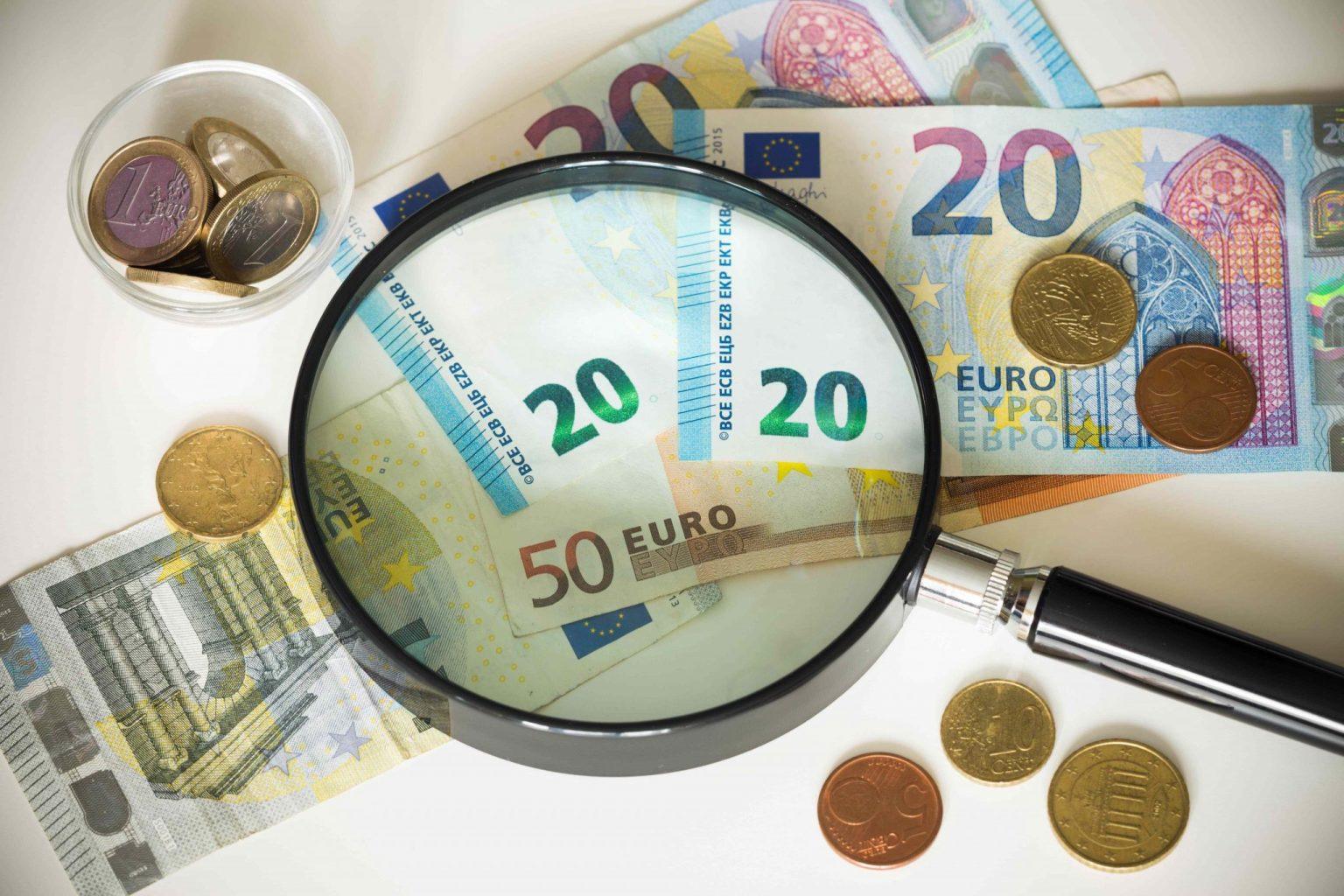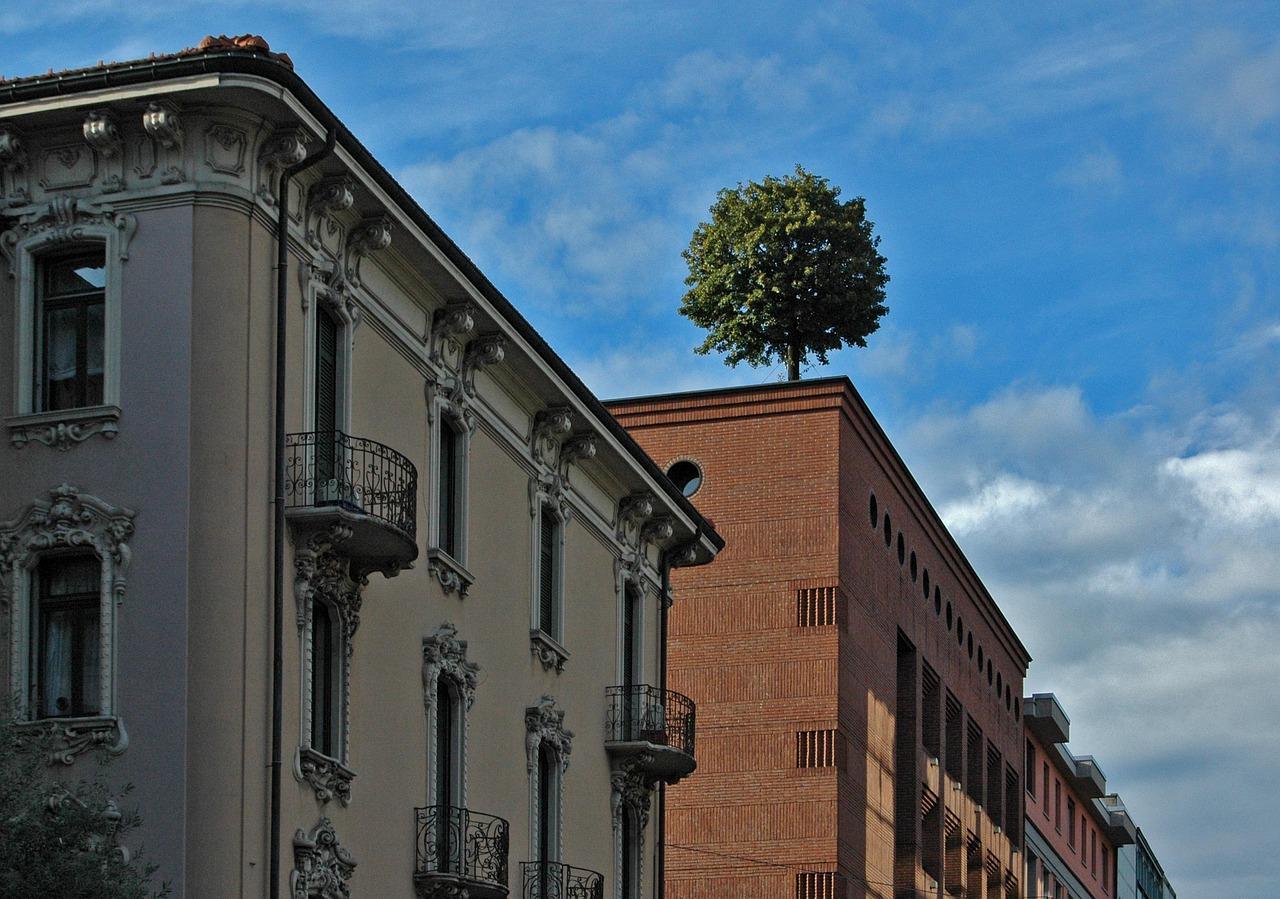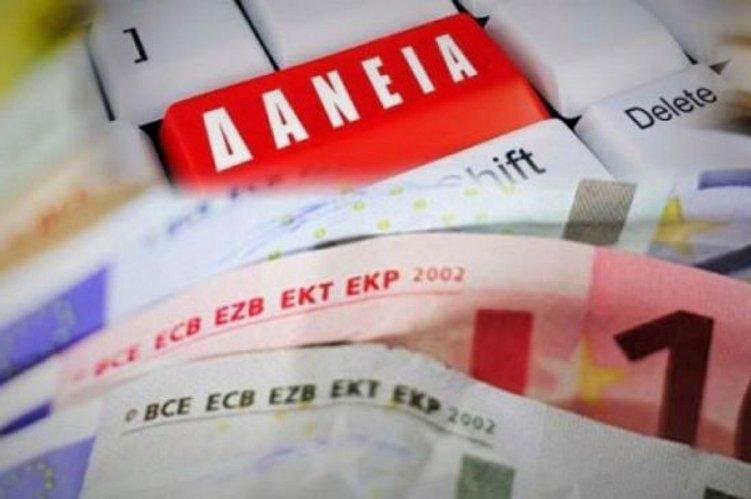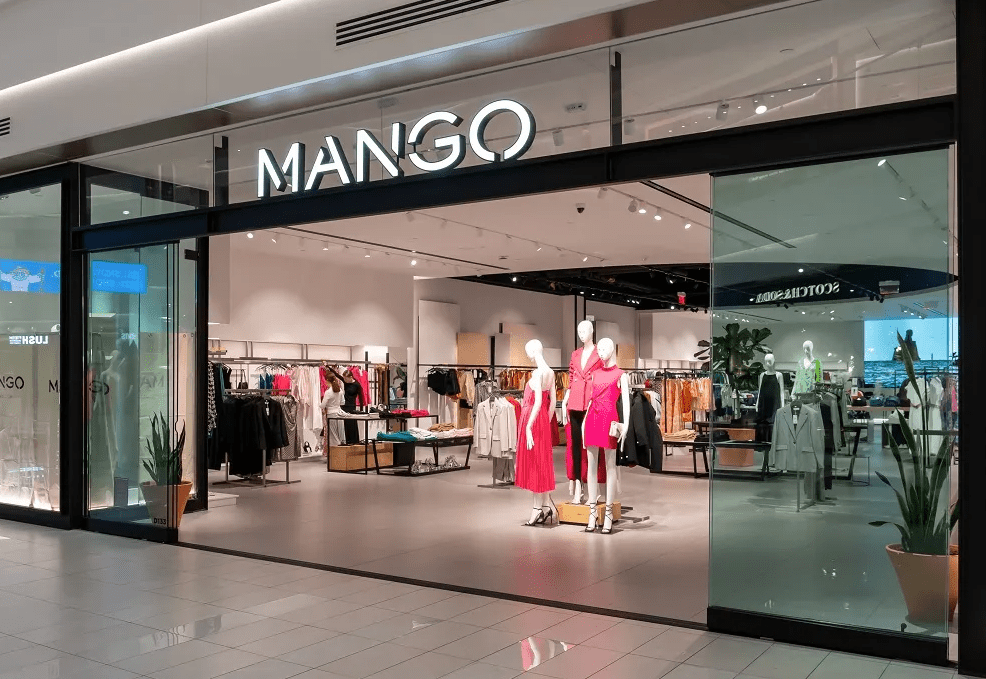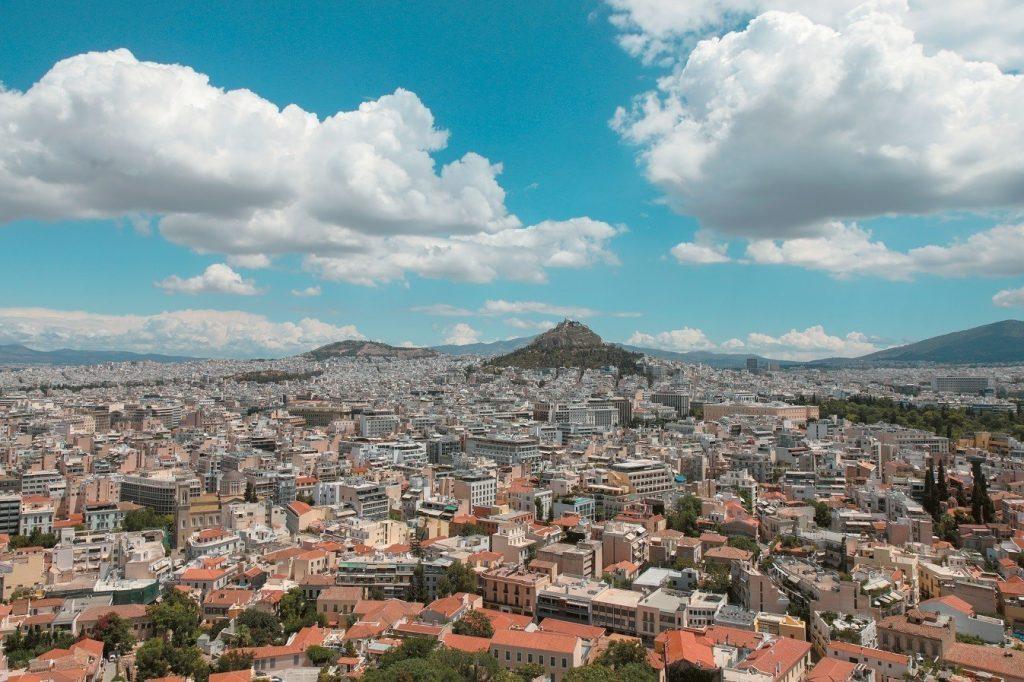The history of the Naoussa Center of Industrial Heritage – ERIA and the permanent exhibition “Threads of History. The textile industry in Naoussa” is housed in the VETLANS industrial complex, at the upper east end of the Arapitsa river’s northern bank.
Efthathios Stougiannakis, a prominent historian from Naoussa has described the location where the textile factory was built next to the Kioski country Square and he has also praised the company for its originality and creative spirit in the introduction and process of a new item, wool, which was virtually unknown not only in the area but almost all over the country. The Chatzilazaros, Aggelakis and Co General Partnership was established in 1907 at the initiative of Athanasios Makris, the factory General Manager. Alongside Makris, the first partners were men with significant business activities in Thessaloniki, that is: Periklis Chatzilazaros, Dimosthenis Aggelakis, Constantinos Chondrodimos and the two brothers, Ioannis and Constantinos Lamnidis, whose site was used for the building of the factory.
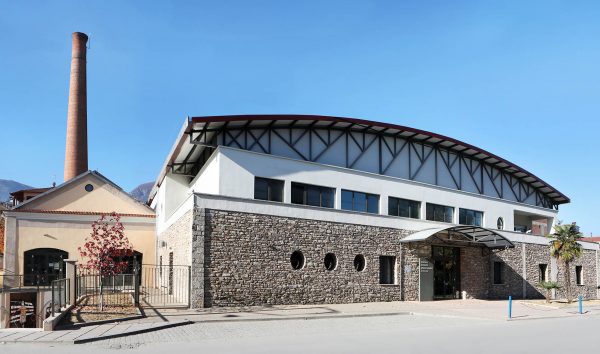
“It shifted entrepreneurship from the usual cotton industry to a new item, the wool, which was unknown in the local community and almost all over the country as well, a most promising project for the clever ones who had taken up the task of developing it … The Chatzilazarou factory was top of its type. Its products were highly sought after in the market, with quality as good as the European. They were chosen for the military uniforms on such a scale that production was much smaller than demand,” noted historian Efstathios Stougiannakis
In 1911, with a Sultan decree, the company was upgraded to Public Limited Company (S.A) under the title Ottoman Public Textile Company of Naoussa and in 1912 it was renamed ERIA, Ottoman Public Weaving Company of Naoussa. The exceptional achievements of the company led to the expansion of its plants and its new headquarters were moved to Thessaloniki. In 1922 the company was dissolved and replaced by ERIA, New Greek Public Textile Company of Naoussa. Two years later the company entered the Greek Stock market which led to a considerable increase in its profits. The peak of the company was mostly due to the fact that it sold unifrom material to the Ottoman and later the Greek army. However, from 1927 to 1935 there was a substantial drop in sales because the army stopped all orders. Therefore, in June 1933 the management was forced to stop production and on August 16 handed over the company plants, machinery and tools to MARSAN & CO.
A statement of the Board of Directors to the stock owners General Assembly noted that “the wider crisis and the drop in these years’ prices of all items, consequently on wool as well, affected the operations of our company in an unpleasant way. We were in the testing phase of commercial cloth production and the disruption caused by the termination of our contract with the Greek Army led to a major crisis.”
In March 1938, the company ceased its operations and laid off all staff. Until the end of the Second World War, the factory remained closed and in 1949, during the Civil War, all its sites were destroyed. Although some of its original partners tried to get the factory back in operation using funds from the Marshall Plan, the company was finally bought by VETLANS NAOUSSA S.A. of Gregorios and Ioannis Lanaras and Petros Karatzias.
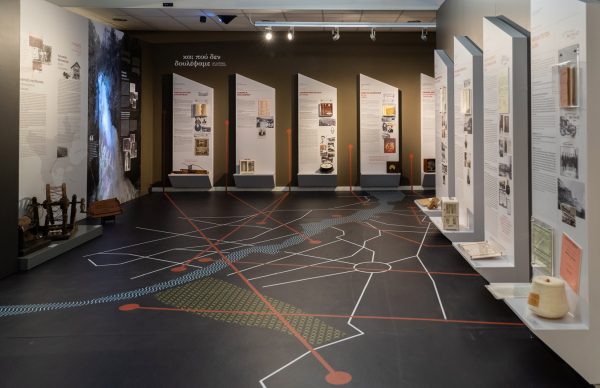
Ever since and for the next three decades the VETLANS factory produced the world famous “Vetlans Naoussa” blankets with ERIA being its dyeing site. From the end of 1960’s until the middle 1980’s the company enjoyed major success with 800 employees and new factories in Naoussa and Agios Athanasios in Thessaloniki. Since 1985, however, VETLANS faced difficulties and in 1988 – 1989 PELLA – OLYMPOS, a new company which was established by Gregorios Lanaras took up all VETLANS liabilities, rented its factory and hired its staff. In 1990, the National Bank of Greece refused to continue financing the company, which led to its shutdown. In 2000, Christos Lanaras bought and donated the site to the Municipality of Naoussa.
The original building of the Chatzilazaros, Aggelakis & Co factory was designed by Xenofon Peonidis, one of the most prominent architects of neoclassicism, with splendid buildings in Thessaloniki and other areas of Macedonia. The foundations were set in 1908 and the factory building was erected by A. Graikos. It referred to relevant industrial buildings of Ermoupolis, Piraeus, Athens and Edessa. The main building, linked with the boiler room, was a rectangular ground floor area, of almost square floor plan, with surrounding stone walls. The building was covered by six parallel, wooden, prismatic roofs with asymmetric sides which ensured steady, northern lighting in its interior. The factory was burned to the ground in 1949 during the Greek Civil War. In the 1960’s a new building was erected on the same site to house VETLANS NAOUSSA. At the present time, the stone walls of the original building have become part of the modern building as well as the boiler room, its equipment and the 35.65m chimney, which is the tallest building in Naoussa. The two latter are listed monuments of the Greek Ministry of Culture. The modern building comprises of modern spaces to host exhibitions and events, a screen room, a small library, a refectory with a view of the river and an underground parking and storage space.
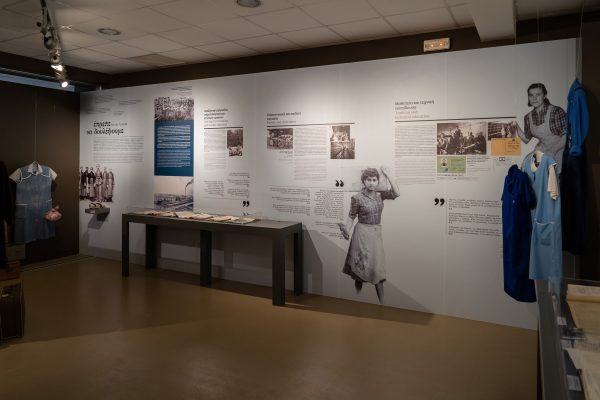
“Tangled in the threads of history”
At Naoussa Centre of Industrial Heritage – ERIA the educational program “Tangled in the threads of history” is implemented , which is initially suitable for students of 5th and 6th grades of Primary Schools, under the supervision and coordination of special museologists and educators.
The program aims to acquaint children with the permanent exhibition of ERIA “Threads of History: The textile industry in Naoussa”. The purpose of the educational program is through tour, contact with objects, group working, exploration activities and play, to familiarize students with the local history and town’s industrial heritage and to cultivate their observation and self-action, perceiving the visit to exhibition as a pleasant and creative experience.
Information-visiting appointments: Centre secretariat, tel.: 23320 25495 (working days and hours), email: eria@erianaoussa.gr
